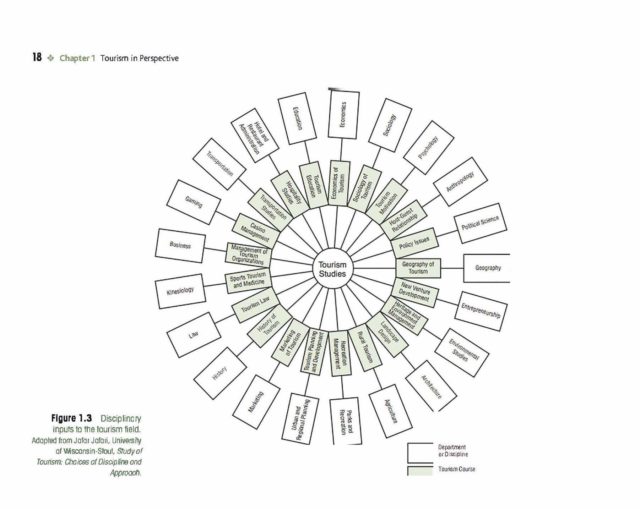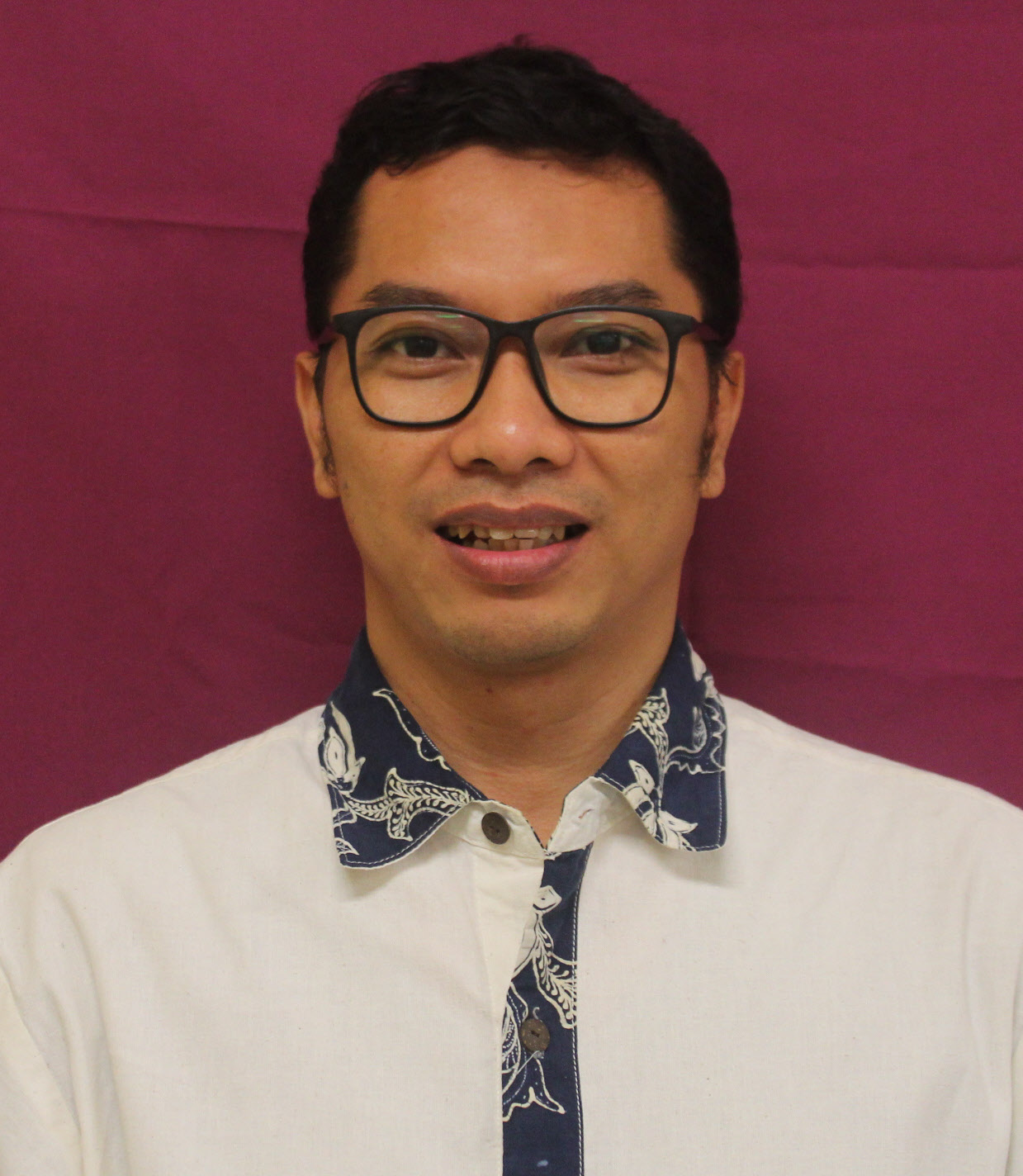TOURISM KNOWLEDGE CREATION: an insight for Indonesia tourism scholars
Although, tourism scholars argue that the study of tourism is relatively new and there is no accurate time for when tourism education arose. The contemporary thinking agrees about the age of tourism discipline study, which is more than half century old, and yet it is still an emerging discipline study, highly fragmented and multi-faceted that offered variety of program study at an educational institution. Furthermore, the tourism discipline study that represented in the course of studies are substantially vocational and business orientated degree courses such as business and management, leisure/ sport, hospitality, tourism and environmental/ geography/ social science, particularly in United Kingdom country. However, this article is not designed or even tried to define the tourism discipline study since it will result noting and lead to on-going dynamic discussion.
Therefore, inspire by the earlier article titled “Tantangan Ilmu Kepariwisataan”, this piece of thought would like to echo the topic, particularly about the nature of tourism knowledge towards a future direction for Indonesia tourism scholars to think about. Underlining the thinking that Indonesia as developing country and the tourism business sector contribute to the country’s economic development. It is necessary that tourism knowledge at Indonesia higher education level should encompasses and deliver both business and non-business academic subject in a mutual portion for a sustainability course.
Ateljevic, an eminence tourism scholars, conduct the study to investigate a chronological evolution of the tourism discipline study from its origins formation in the late 1960s until the latest conceptual rational that conclude the nature of tourism discipline study as being interdisciplinary studies. His published article titled “Mapping a history and development of tourism studies field” inform that the future of tourism education would need to realize the dynamic challenges of tourism discipline study and find a suitable place for the tourism academy and “become an agency for positive transformation and ought to respond more spaces for dialogue, reflexivity, equality, empowerment and co-created knowledge in their scholarship”. Additionally, worldwide tourism academia confirms the future tourism research development and knowledge production lead the tourism knowledge system to a wider dimension of the social science study that relates to its complex theoretical perspectives towards paradigmatic, methodological and multi- disciplinary approach based on a tourism’s contemporary journals and published articles.
Other works from tourism academia by Goeldner and Ritchie provides the principle and practices including philosophies pertaining tourism field. The significant section related to this article adapted from Goeldner and Ritchie’s work offer the visual tourism knowledge creation for the Indonesian tourism scholar towards future direction. The Pic.1 display the tourism body knowledge, which confirm the nature of tourism knowledge as being interdisciplinary and multidisciplinary approach.
Pic, 1 Tourism Body Knowledge

Source: Goeldner, C. R., & Ritchie, J. B. (2012). Tourism principles, practices, philosophies (12th ed.): John Wiley & Sons.
The picture show that tourism studies area borrows from twenty-one (21) body of knowledge such as Transportation, Hotel and Restaurant Administration, Education, Economic, Sociology, Psychology, Anthropology, Political Science, Geography, Entrepreneur, Environmental Studies, Architecture, Agriculture, Park and Recreation, Urban and Regional Planning, Marketing, History, Law, Kinesiology, Business, Gaming.
Should the Indonesian tourism scholars correspond with the information provided on the Pic.1, the next thing to think about is to make a strategical action for tourism education in Indonesia towards Ateljevic proposition such as (a) to deepen an effort of greater dialogue between business and non-business studies approaches in order to bring together pure theoretical preoccupations and empirical concerns of necessary social change, (b) change the public mind of tourism where the overwhelming perceptions still see it as a frivolous service industry which mostly creates negative environmental, social and cultural impacts, (c) move beyond still dominant Eurocentric perspectives and develop conceptualizations of tourisms that includes multiple cultural differences, worldviews and research activities that reflect and recognize the plurality of all practices, positions and insights.
Importantly, re-stating the concern that has been mentioned in the earlier article above, the future tourism Indonesia in concern of education need to formulate a core competency for tourism course that distinguished tourism learner from other discipline study.
Let’s go higher!
Bibliography:
Ateljević, I. (2014). Mapping a history and development of tourism studies field. Turizam: znanstveno-stručni časopis, 62(1), 75-101.
Goeldner, C. R., & Ritchie, J. B. (2012). Tourism principles, practices, philosophies (12th ed.): John Wiley & Sons.


Comments :